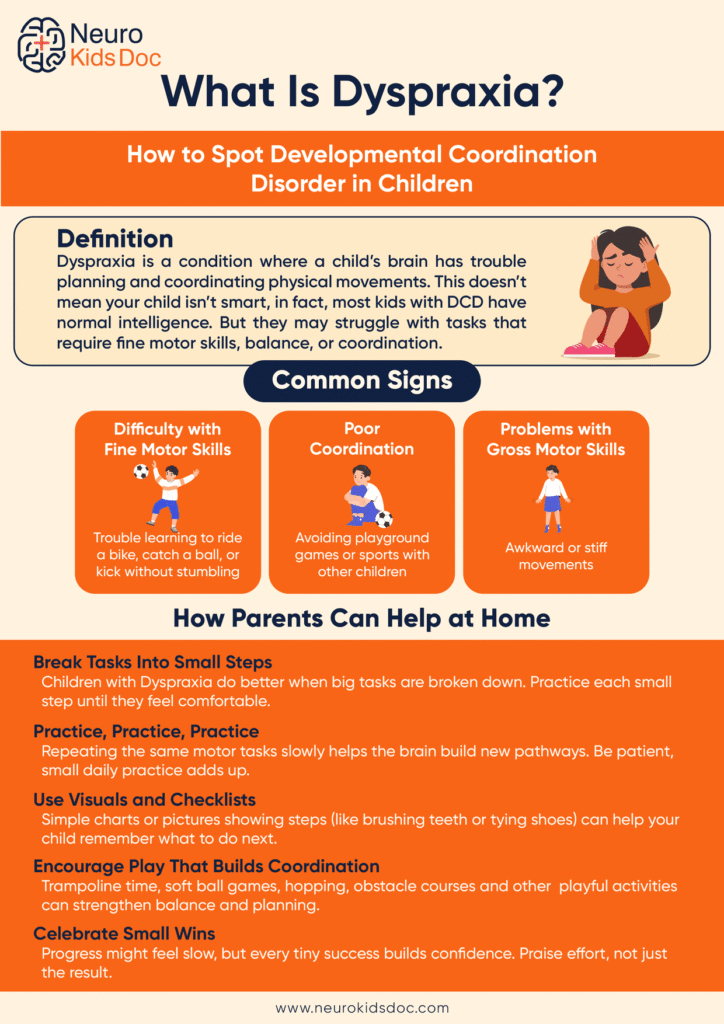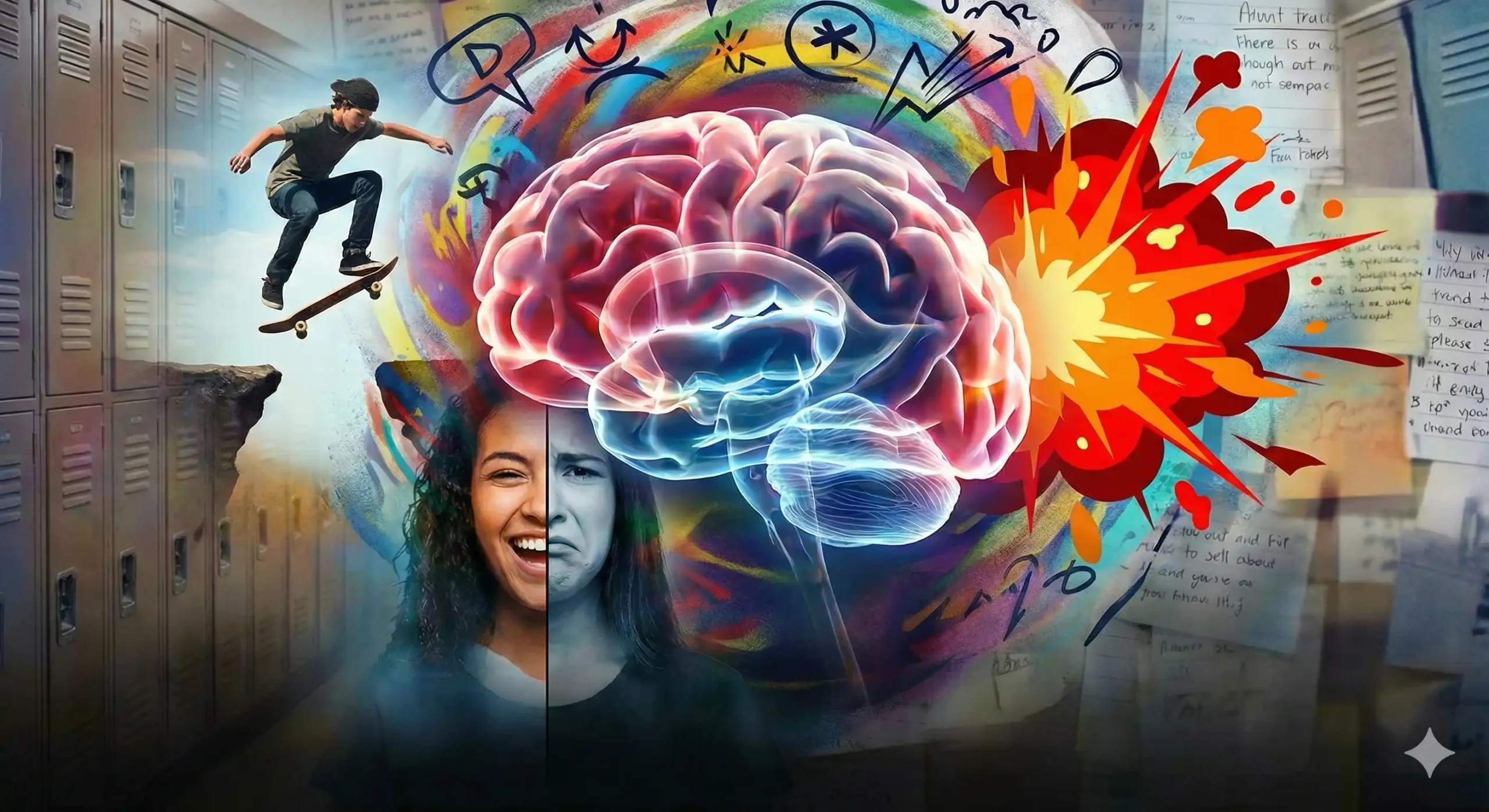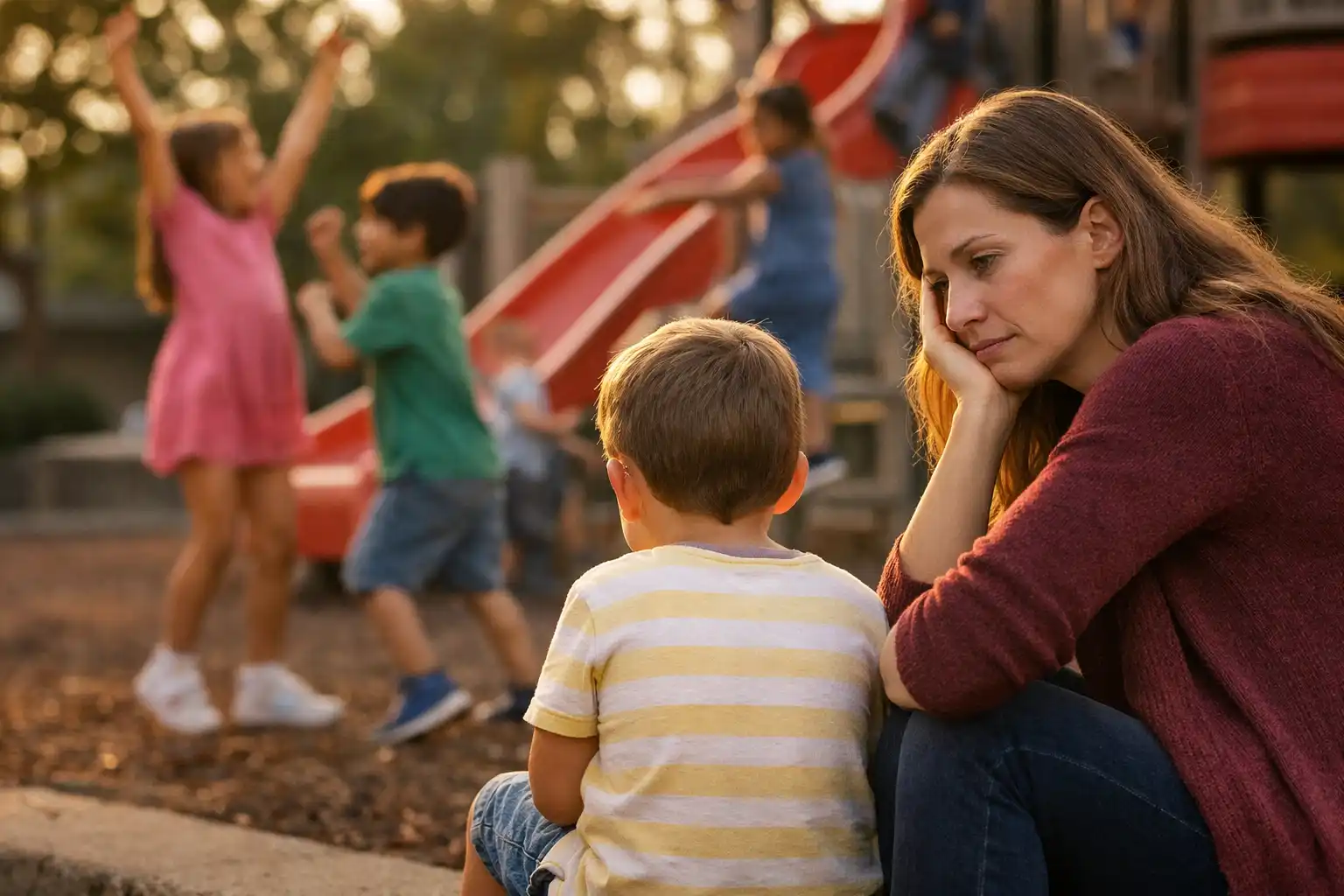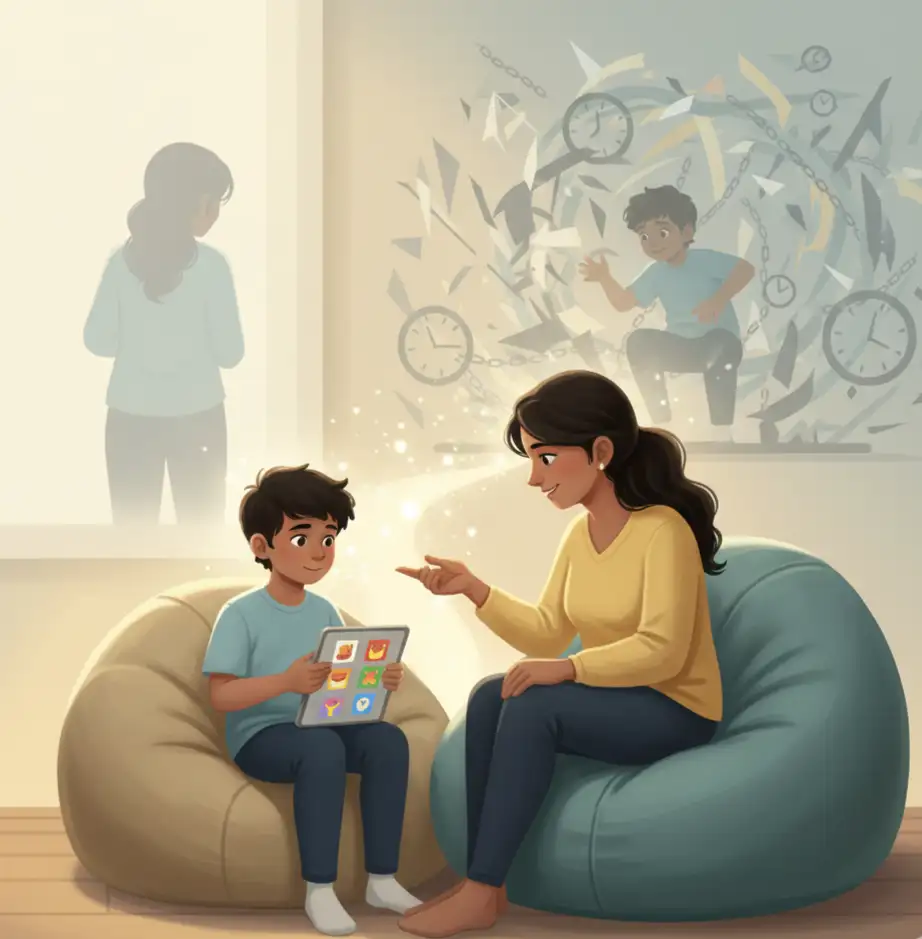While a bit of clumsiness is perfectly normal as kids grow and learn to control their bodies, sometimes it can be more than that. One common but often overlooked reason is something called Developmental Coordination Disorder (DCD), also known as Dyspraxia.
What Is Developmental Coordination Disorder (Dyspraxia)?
In simple words, Dyspraxia is a condition where a child’s brain has trouble planning and coordinating physical movements. This doesn’t mean your child isn’t smart, in fact, most kids with DCD have normal intelligence. But they may struggle with tasks that require fine motor skills, balance, or coordination.
Signs Your Child’s Clumsiness Might Be Dyspraxia
Every child is different, but here are some common signs I often see in my clinic:
- Trouble learning to ride a bike, catch a ball, or kick without stumbling
- Difficulty with buttons, shoelaces, zips, or using cutlery
- Messy handwriting or avoiding tasks like drawing or colouring
- Spilling drinks, dropping things often
- Awkward or stiff movements
- Finding it hard to learn sequences like tying shoelaces in steps
- Avoiding playground games or sports with other children
When Is Clumsiness Just Normal?
All kids are clumsy sometimes! It’s normal for toddlers and preschoolers to bump into things or drop toys as they learn to control their growing bodies. But if your child’s coordination struggles continue beyond what’s typical for their age or affect daily life, confidence, or school work, it’s worth paying closer attention.

How Parents Can Help at Home
With early support, kids with Dyspraxia can absolutely thrive. Here are some gentle ways you can help your child build skills and confidence at home:
- Break Tasks Into Small Steps
Children with Dyspraxia do better when big tasks are broken down. Practice each small step until they feel comfortable. - Practice, Practice, Practice
Repeating the same motor tasks slowly helps the brain build new pathways. Be patient, small daily practice adds up. - Use Visuals and Checklists
Simple charts or pictures showing steps (like brushing teeth or tying shoes) can help your child remember what to do next. - Encourage Play That Builds Coordination
Trampoline time, soft ball games, hopping, obstacle courses and other playful activities can strengthen balance and planning. - Celebrate Small Wins
Progress might feel slow, but every tiny success builds confidence. Praise effort, not just the result.
When to See a Specialist
If your child’s coordination challenges are getting in the way of everyday life like school, play, or self-care then don’t hesitate to seek help. An assessment by a pediatric neurologist can help rule out other causes, and an occupational therapist (OT) can work on practical strategies tailored to your child’s needs.
You’re Not Alone
Watching your child struggle with everyday tasks can be frustrating and worrying but please remember, you didn’t cause this. Dyspraxia is no one’s fault. With understanding, patience, and the right support, your child can learn skills that help them feel more confident and independent.
If you’re concerned your child’s clumsiness might be more than just growing pains, don’t wait, early help makes all the difference.
Book a consultation with Dr. Aman PS Sohal, Pediatric Neurologist in Dubai, for compassionate, expert support for Dyspraxia, developmental delays, and other childhood neurological concerns.








